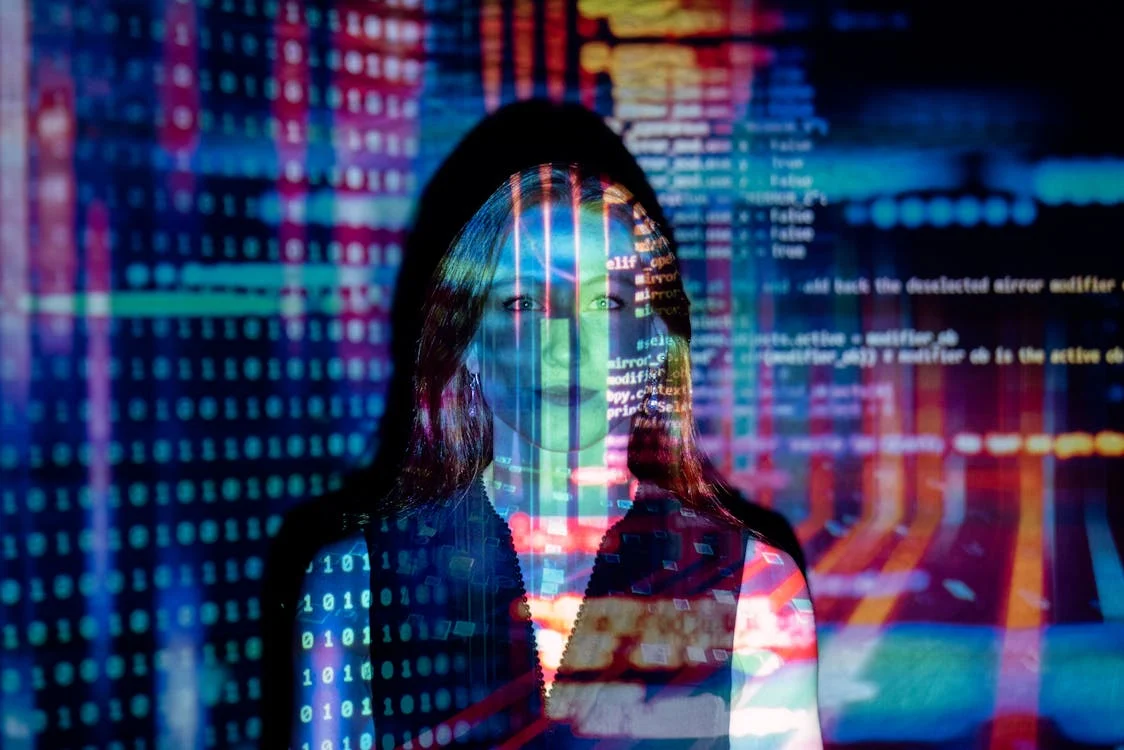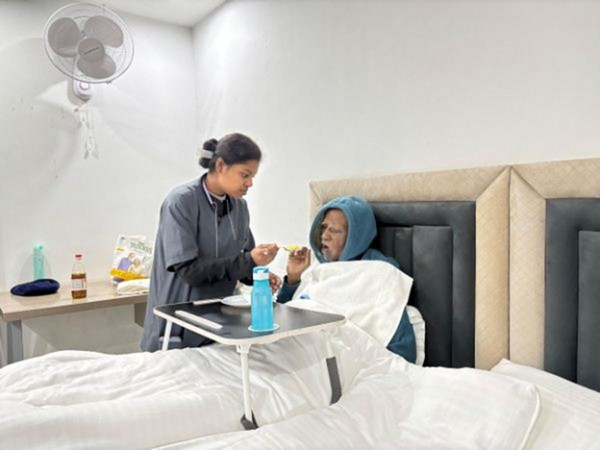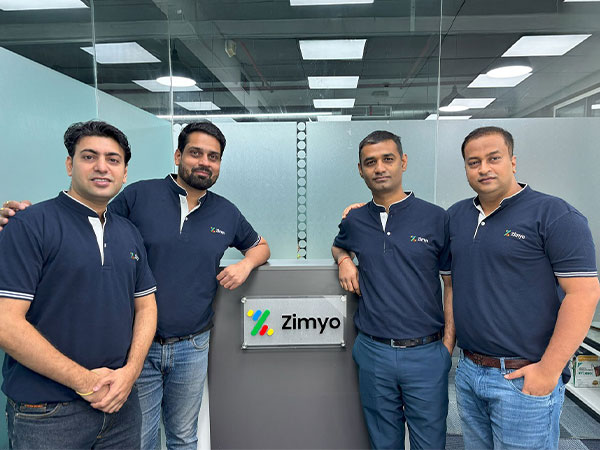
China launches its first AI hospital
Jun 02, 2024
Beijing [China], June 2: Researchers from Tsinghua University (China) recently created an AI hospital called "Agent Hospital" - where all doctors, nurses and patients are controlled by agents intelligence powered by large language models (LLMs) that can interact autonomously.
"The concept of an AI hospital ward, where virtual patients are treated by AI doctors, has great significance for both medical professionals and the general public. The AI hospital aims to train human resources Doctors can use a simulation environment to develop and improve their ability to treat diseases ," according to Global Times, quoting the research team.
Mr. Liu Yang, head of the research team of the "Special Hospital" project and Executive Dean of the AI Industrial Research Institute (AIR), said: "The AI hospital ward can simulate and predict different situations. various health situations, such as the spread, development and control of infectious diseases in an area". This simulation training allows medical students to practice diagnosis and treatment in a risk-free environment, thereby producing highly skilled physicians .
Mr. Liu left open the potential to transform the diagnostic capabilities of AI doctors from the virtual world to the real world to provide high-quality, affordable and convenient healthcare services to people. After 6 months of development, the AI hospital is ready to be put into practical use, expected to come into operation in the second half of 2024.
However, despite promising prospects, implementing and promoting "Agent Hospitals" faces many challenges. Mr. Liu emphasized that strict compliance with national health regulations, in-depth understanding of technology developments and cooperation mechanisms between AI and humans are necessary steps to ensure AI does not cause harm. risks to public health .
Besides, AI can surpass human physiological and intellectual limits in certain aspects, improving the accuracy and efficiency of healthcare services, however it never can replace humans.
In clinical medicine, each healthy individual and each patient are unique. Even if they have the same disease, the course of the disease will be different for each person. Therefore, these uncertainties need to be handled by humans. Furthermore, any legal troubles that may arise during treatment must be borne by real doctors, according to Mr. Dong Jiahong, an academician of the Chinese Academy of Engineering and Head of the Department of Clinical Medicine. at Tsinghua University.
Source: Thanh Nien Newspaper






